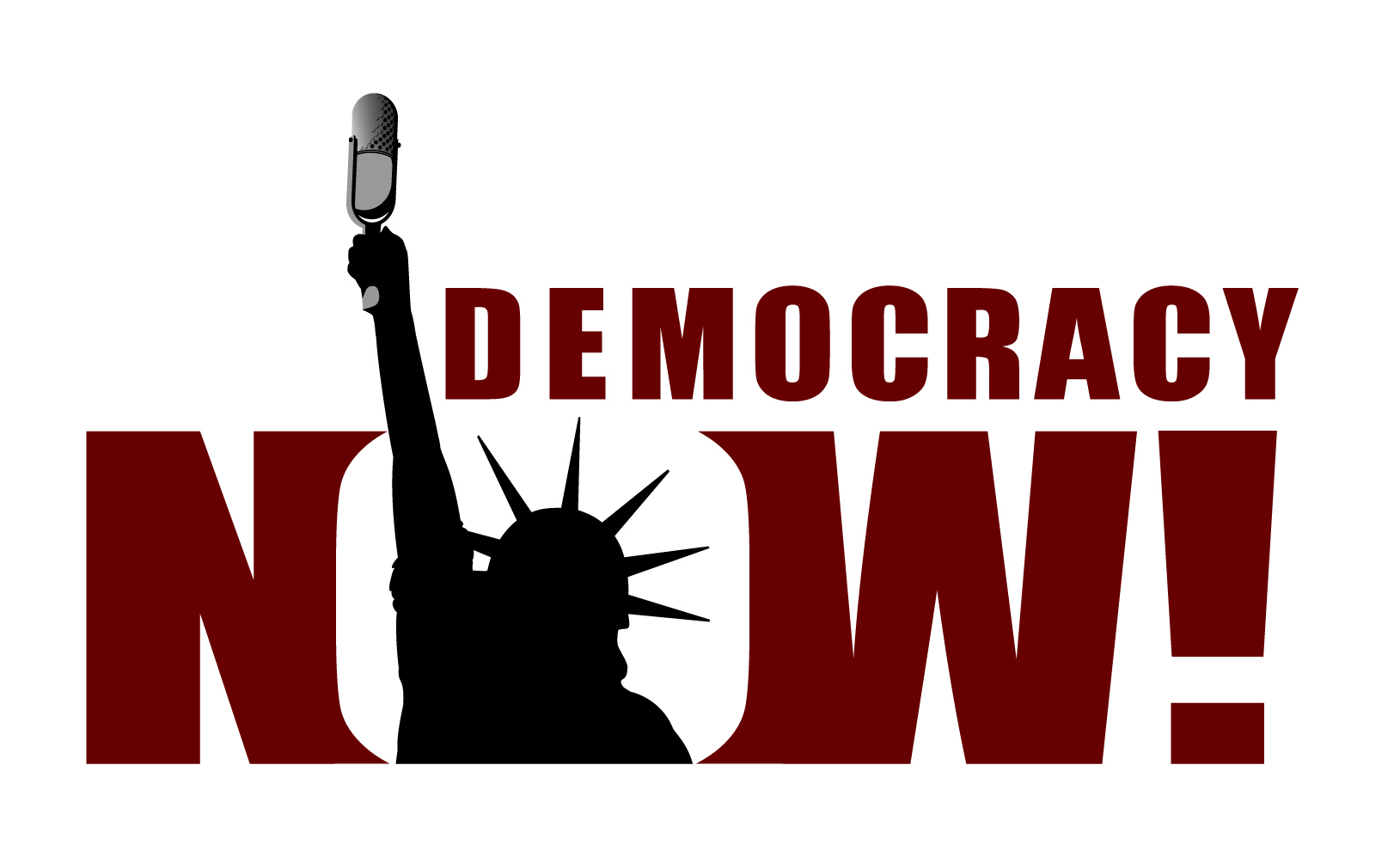$25 tickets available for GJR First Amendment celebration featuring Amy Goodman
BY SAM ROBINSON / New $25 tickets are now available for the March 29 First Amendment celebration featuring Amy Goodman, award-winning journalist and host of “Democracy Now!” The annual event benefiting Gateway Journalism Review will take place at the Edward Jones Headquarters in Des Peres, Mo. Goodman will speak at 8 p.m. Those who would like to attend the program, but not the full event, can now purchase tickets for just $25.


